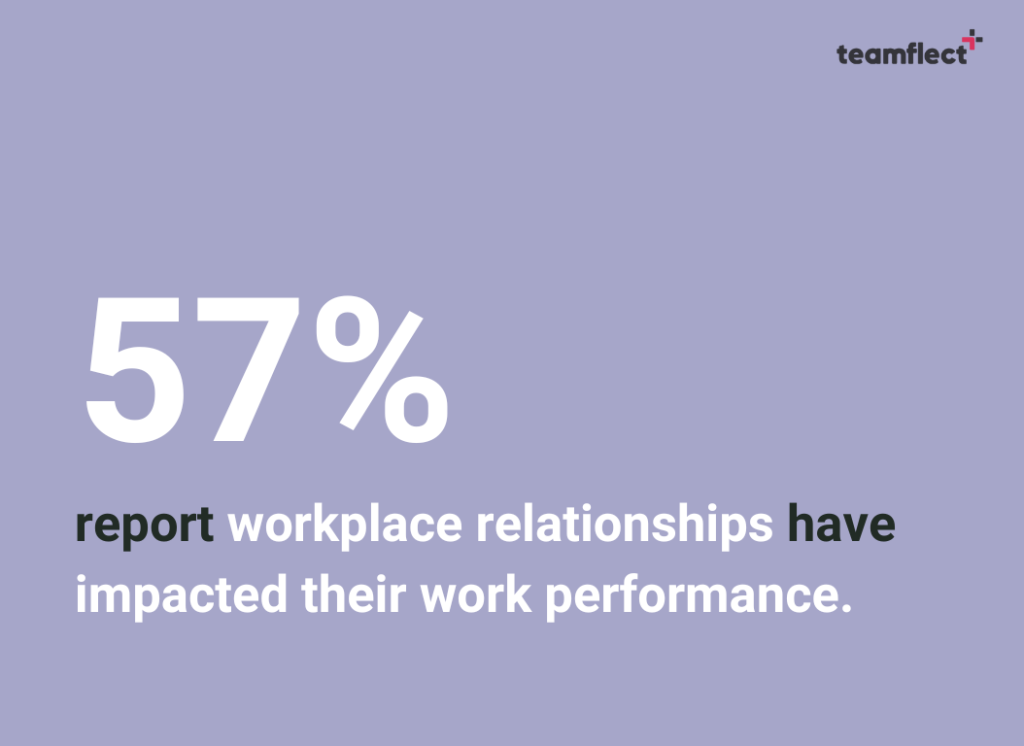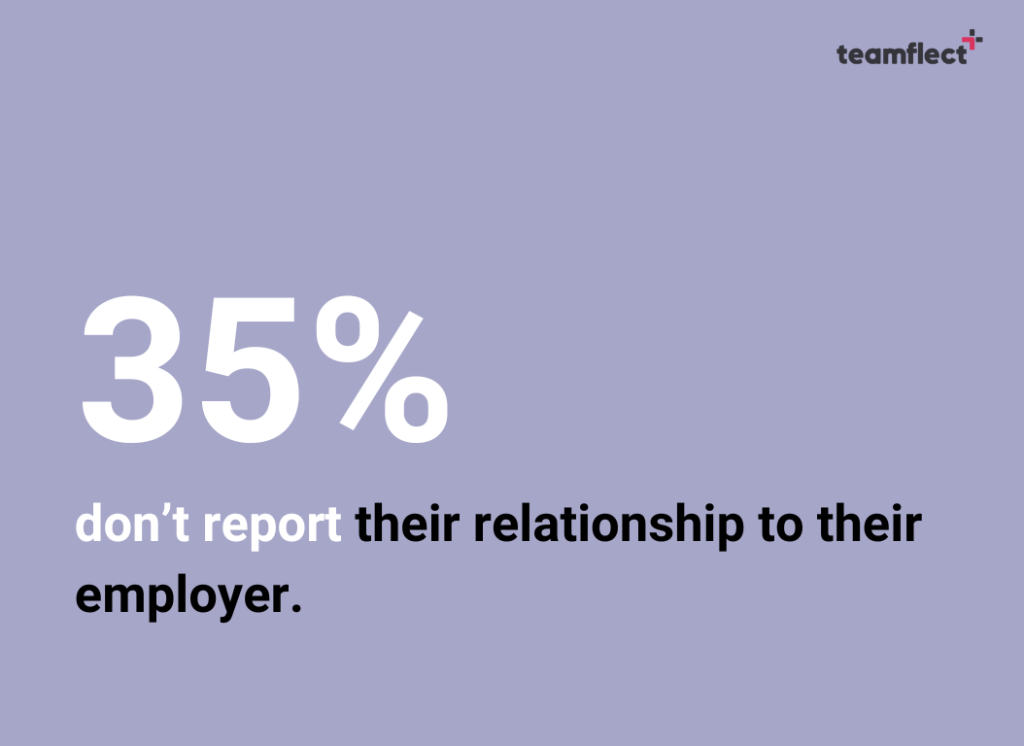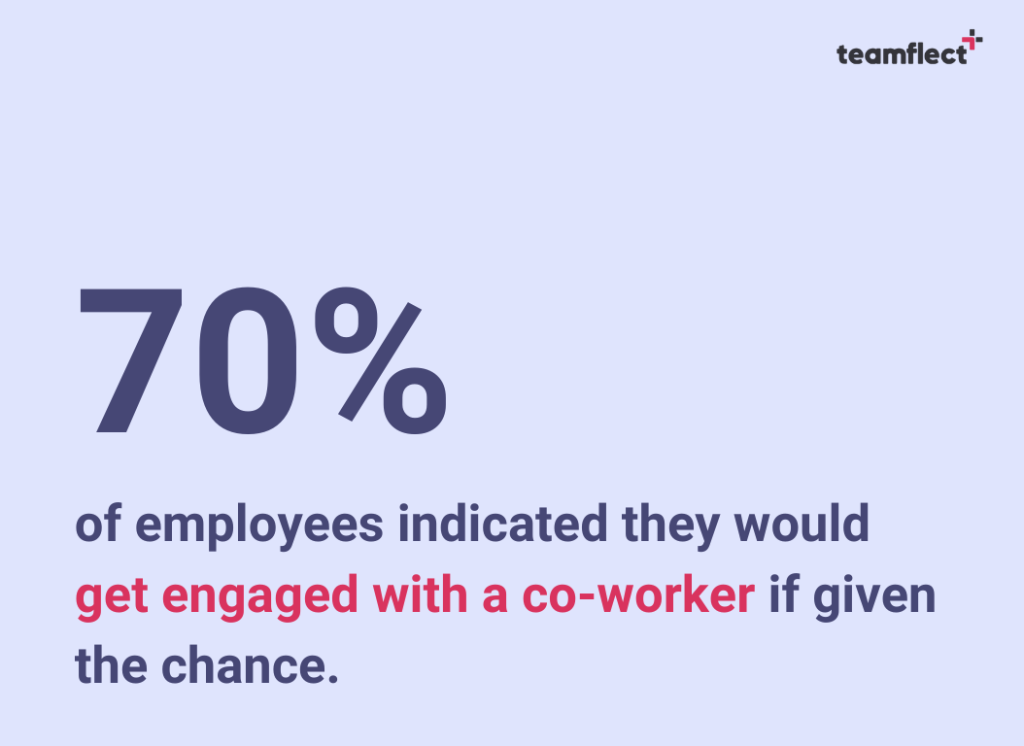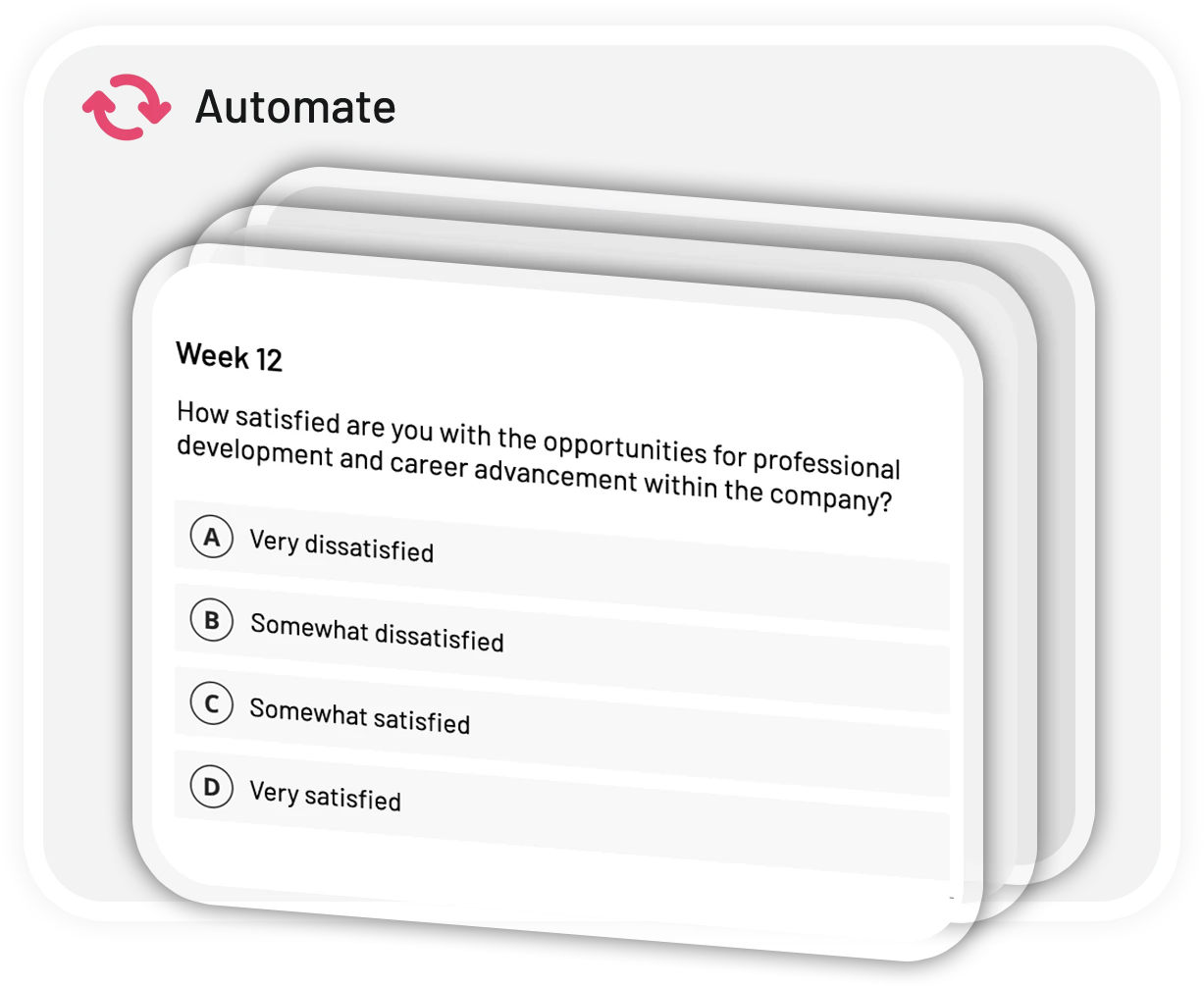Should dating a coworker be allowed in the workplace? How should HR approach workplace relationships?
These are simple questions with complex answers. After all, not every workplace relationship can be Jim and Pam, and not even those two were perfect.
Regardless of how one might feel about dating a coworker or office relationships in general, we need to acknowledge that the concept is perfectly reasonable.
It is only natural for feelings of any kind to emerge between people who spend a lot of time together.
The sad fact remains that most employees spend more time with their colleagues than with anyone else in their life.
So at one point or another, someone is bound to “catch feelings”.
What really matters about workplace relationships is how your organization handles them.
Mistakes made in such a delicate and crucial area can result in your employees growing disengaged and feeling disrespected.

Table of Contents
Understanding The Dynamics Of Workplace Relationships
The interplay of personal relationships within a professional setting can significantly impact team dynamics and overall workplace morale.
On one hand, coworker relationships can lead to increased trust, better communication, and a more cohesive team environment.
Employees who are in positive, supportive relationships at work often demonstrate higher levels of job satisfaction, engagement, and productivity.
These benefits are not only felt by the individuals involved but can ripple through the team, enhancing collaboration and fostering a positive work culture.
However, the dynamics of dating a coworker are not without their challenges.
Issues such as perceived favoritism, conflicts of interest, and potential breaches of confidentiality can arise, threatening team harmony and fairness.
Another thing to keep in mind is that statistically speaking the office relationship in question is more likely to break up than stay together.
When relationships sour, the fallout can lead to a tense work atmosphere and decreased productivity.
For HR professionals, understanding these dynamics is crucial. It involves recognizing the fine line between supporting employees’ personal lives and ensuring their professional interactions remain unaffected.
Striking this balance requires a nuanced approach, rooted in clear policies, open communication, and an organizational culture that prioritizes respect and professionalism above all.

Navigating Legal And Ethical Considerations
The conversation around workplace relationships and dating a coworker would give the impression that HR professionals are often at the forefront of navigating a maze of legal and ethical considerations.
While the human emotion side of it can be truly complicated, the part of the discussion around the legal side regarding harassment or discrimination of any kind should be plain and simple.
Legal Implications of Workplace Relationships
- Harassment and Discrimination Laws: Ensure policies comply with laws preventing harassment and discrimination. Relationships should not lead to preferential treatment or adverse actions against non-involved employees.
- Consensual Relationship Agreements: Also known as “love contracts,” these agreements can be a tool to confirm that a relationship is consensual, outlining behavior expectations and reiterating policies on harassment.
Ethical Concerns Around Office Romance
- Conflicts of Interest: Transparently manage conflicts of interest, requiring disclosures when relationships may affect decision-making processes.
- Privacy vs. Transparency: Balance the privacy of involved employees with the need for transparency to ensure policies are adhered to without fostering a culture of secrecy or gossip.
How should HR deal with workplace relationships?
Clear Communication: Regularly communicate the organization’s policies and the reasons behind them to all employees.
Training and Awareness: Provide training on the implications of workplace relationships, focusing on legal responsibilities and ethical conduct.
Fair Enforcement: Apply policies consistently to all employees, regardless of their position or the nature of their relationship.

Developing Effective Workplace Relationship Policies
Crafting policies that address workplace relationships is essential for any organization looking to foster a professional and respectful work environment. Here’s how to create policies that are clear, fair, and enforceable.
Key Components of Relationship Policies
- Scope and Applicability: Define who the policy applies to (e.g., all employees, including management).
- Behavior Guidelines: Outline acceptable and unacceptable behaviors within the workplace.
- Disclosure Requirements: Specify when and how relationships should be disclosed to HR.
Enforcing Policies
- Consistency Is Key: Ensure the policy is applied uniformly to everyone in the organization.
- Privacy and Sensitivity: Handle disclosures and any arising issues with the utmost respect for privacy and sensitivity.
- Action Plan: Establish procedures for addressing policy violations, including potential disciplinary actions.
Best Practices
- Involve Employees in Policy Creation: This can increase buy-in and compliance.
- Regular Review and Update: As the workplace evolves, so too should your policies.
- Training: Offer training sessions to help employees understand the policies and the reasons behind them.
Creating effective workplace relationship policies is not just about preventing potential issues; it’s about building a culture of respect and professionalism. By setting clear expectations and providing the necessary support, organizations can navigate the complexities of workplace relationships successfully.
When Implementing Policies, Give Your Team A Voice!
This goes beyond the scope of workplace relationships or dating a coworker.
Whenever you’re implementing policies or making changes in them, you need input from everyone in your team.
Regular pulse surveys are the way to go!



